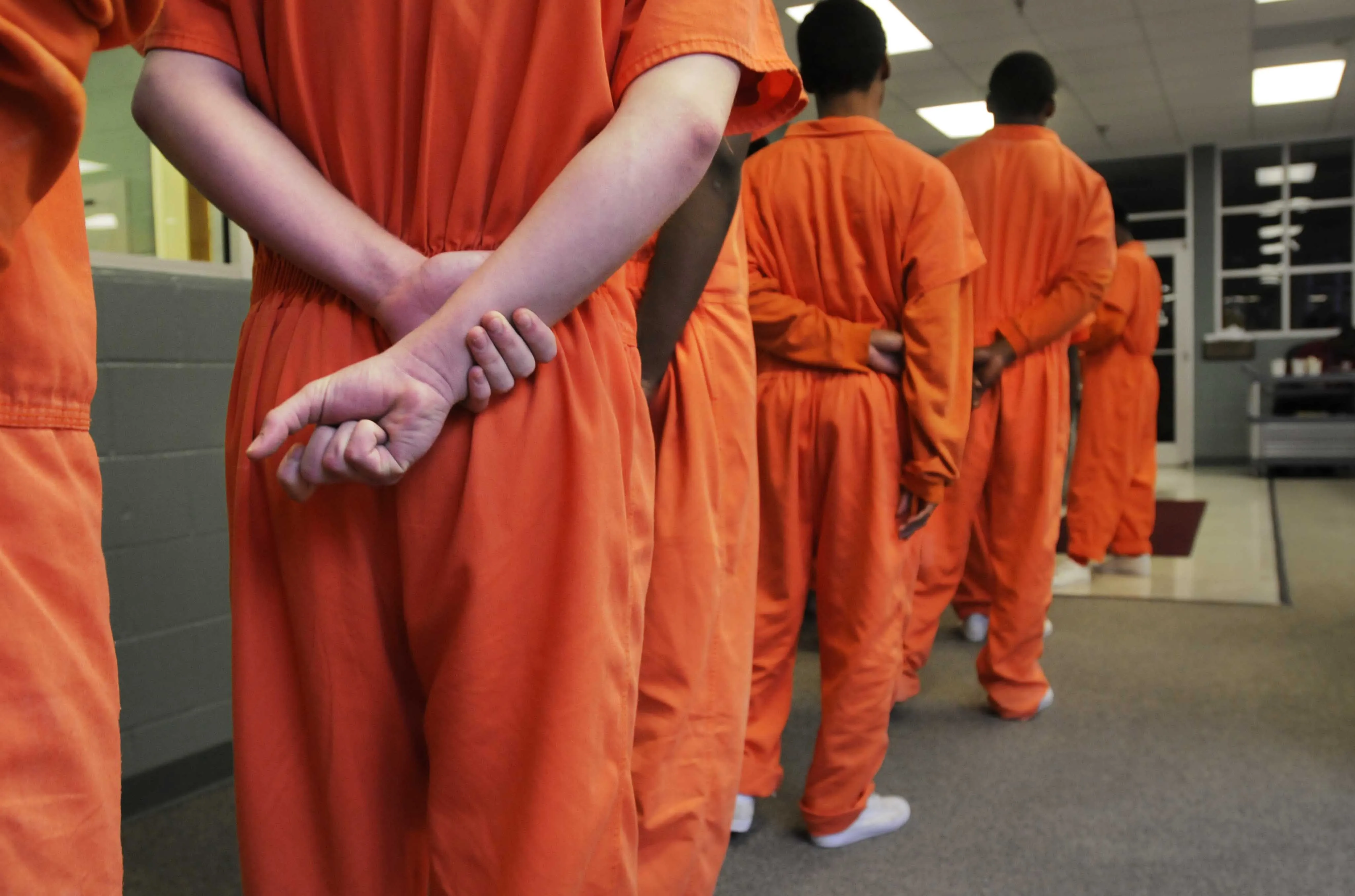

By Gabriela Tsudik
The COVID-19 pandemic. Though everyone is being affected by COVID-19, certain issues are unique to the youth facilities.
The non-profit organization, Fair and Just Prosecution, even did a “Issues at a Glance” brief on the criminal justice system’s responses to mitigate the public health crisis. In particular, they examined the risks that COVID-19 poses on young adults, and the lack of safety measures/responses being taken in youth facilities.
For instance, similar to jails and prisons, the designs of youth facilities make it almost impossible to allow for social distancing. Some of these detention centers have dorm-style setups with tens of children bunking in very close quarters.
They typically share bathrooms, common spaces, and cafeterias. Generally, these facilities also do not have adequate medical units and staff and certainly not enough to handle the COVID-19 pandemic.
Unsurprisingly, COVID-19 has spread and it has quickly become a serious problem for these facilities. As of July 24, at least 1,300 youths and over 1500 staff members have been confirmed to have  COVID-19, in just 40 states.
COVID-19, in just 40 states.
Ten other states lack sufficient testing means, the analysis noted, though several of the staff members in these facilities have already died from COVID-19 and when staff members leave the facility and go home they contribute to the community spread.
Additionally, exposure to COVID-19 in youths could leave them with long-term health problems such as harm to the lungs, brain, heart, pancreas, and kidney, according to researchers.
The impacts of the COVID-19 pandemic are not just physical regarding youths. The Centers for Disease Control and Prevention (CDC) found that the pandemic has become a large mental health stressor for children and young adults.
This impact is most definitely increased for the incarcerated youths, who in turn have to cope with social isolation and separation from their families and loved ones. Moreover, in-person family visits have been suspended in every state, leaving these youths even more anxious about the health of their families. Families also reported that they have been given little to no information about what is happening in the facilities to protect their children.
Educational and Rehabilitation programs have also been suspended, even though the primary purpose of youth justice facilities is for their rehabilitative programs. This is a complete disruption in education for already disadvantaged children, and it is estimated that at least one-third of incarcerated youths have disabilities that affect their learning, according to the report.
In addition, volunteers, case managers, and clergy members are also not coming to the facilities, leaving the youths to manage this difficult time by themselves, the briefing said.
Some facilities, on the other hand, have been keeping youth in conditions close to solitary confinement. For example, in a Texas juvenile detention center, the youths are being confined to their rooms for up to 23 and a half hours a day, again without visitation or any other social interaction.
The United Nations has found that solitary confinement of children can be considered a form of torture. Solitary confinement, especially in children, can have serious consequences and effects on their social and emotional development, and even more so on children with disabilities or children with a history of abuse and trauma. Sadly, rates of suicide are even higher for youths placed in solitary confinement.
Fair and Just Prosecution’s “Issues at a Glance” concluded that, whether it be overcrowding or torture, the system is not providing these youths with the safety and rehabilitation they deserve, and because these concerns are dire there needs to be action now to protect the health and safety of youths.
To sign up for our new newsletter – Everyday Injustice – https://tinyurl.com/yyultcf9
